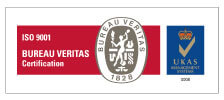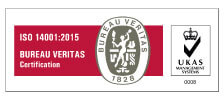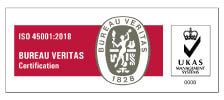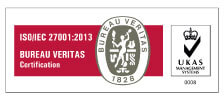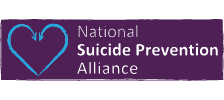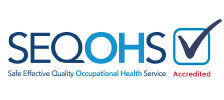April 2024

Meditation and mental health
Apr 18 2024
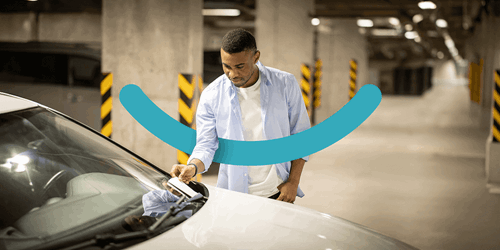
Parking Fines: Appeals Process
Apr 18 2024

Practicing Mindfulness
Apr 18 2024

Navigating delays in accessing healthcare interventions
Apr 18 2024

Exercise and mental health
Apr 18 2024

Mental Health Awareness Week 2024
Apr 18 2024

Understanding Gaslighting
Apr 5 2024

Worrying vs anxiety: What’s the difference?
Apr 5 2024

Deaf Awareness Week 2024
Apr 1 2024
March 2024

Encouraging Men to Talk About their mental health
Mar 30 2024

The rising demand for mental health care
Mar 18 2024

Legal: Consumer Rights - Online and Distance Selling
Mar 18 2024

Student: Staying safe on social media
Mar 18 2024

How to encourage a better work-life balance
Mar 15 2024

Stress Awareness Month: Managing stress for leaders and colleagues.
Mar 8 2024

Helping people with Autism Spectrum Disorder
Mar 8 2024
February 2024

Supporting better suicide postvention
Feb 29 2024

Legal: Problems with a New Build
Feb 16 2024

Zero Discrimination Day
Feb 16 2024

Supporting Neurodiversity in your Organisation
Feb 16 2024

International Women's Day 2024
Feb 16 2024








